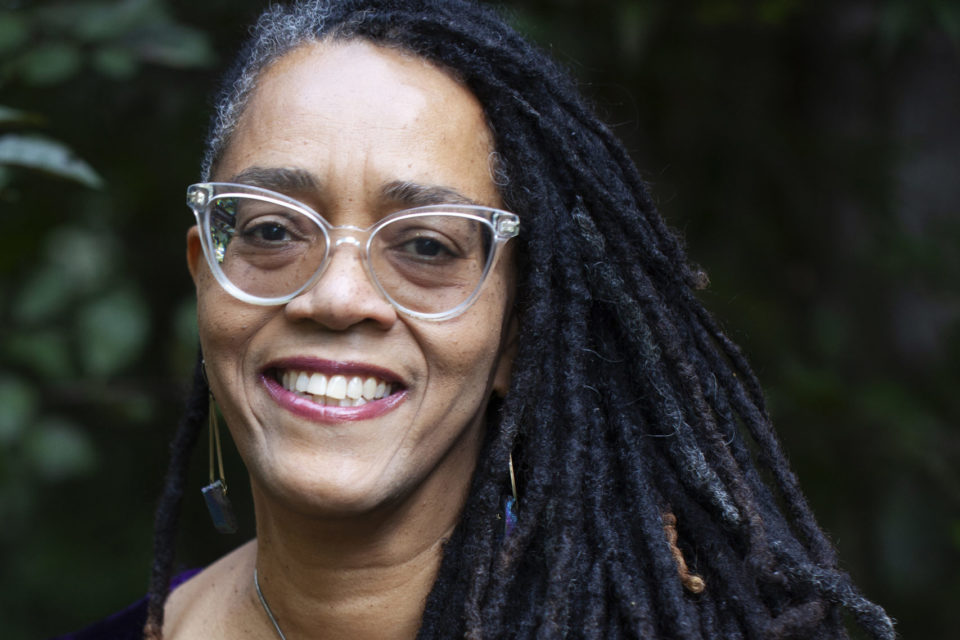The trade organizations promoting country, Americana, folk and bluegrass music each put on their own official conferences and festivals. The Country Soul Songbook Summit is a very different type of gathering: a grassroots effort held entirely outside of the music industry.
The summit started at the height of the pandemic. In its third year, with dream weaving as the theme, it’s remained an entirely online affair. But that doesn’t mean there aren’t both pre-recorded and live performances.
The schedule isn’t built around big names, riding high on commercial success. Instead, the programming places the historically marginalized voices of BIPOC and LGBTQIA people front and center. The contributors range from artists and activists to scholars like Francesca Royster.
“It was really one of the first places where I saw, ‘Oh there are all these conversations happening, not just academic conversations, and really not only with musicians, but all these other layers that I wasn’t seeing,'” Royster says.
Panels and workshops aim to collectively wrestle through complex issues, celebrate community, reimagine musical and cultural traditions and break down barriers between working musicians and the academic work that could be useful to them.
This year, Royster will talk with me about her book Black Country Music: Listening for Revolutions. In it, she places bits of memoir, some dating back to her Nashville childhood, alongside her examinations of how Black visionaries like DeFord Bailey, Tina Turner and Darius Rucker have worked their way through country spaces.
“There’s a kind of labor that really all of the artists I’m looking at [engage in],” says Royster, “the kind of work that it takes to navigate often tense, difficult, sometimes violent contexts, or just audiences that are questioning highly their place in a genre, country music.”
We’ll expand on that conversation during this weekend’s summit.
Online registration is still available — and it’s one of the few music conferences with rates on a sliding scale for queer artists and artists of color.

